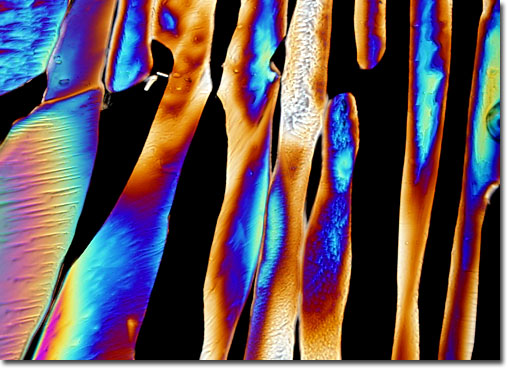|
Unusually high levels of malonic acid in the urine is often an indication of a genetic disorder known as malonic aciduria. Though rare, the symptoms of the disorder, which may include vomiting, seizures, heart disease, low blood sugar, delayed development, and retardation, can be serious, especially in infants. Biochemically, those affected by malonic aciduria suffer from severe metabolic acidosis and a metabolic block in the vitamin B12 dependent conversion of propionyl CoA to succinyl CoA. The primary treatment for the condition is dietary, patients decreasing their intake of fat in order to increase their carbohydrate to fat ratio, as well as avoiding extended periods of time without eating so that they do not aggravate their tendency for hypoglycemia.
|
